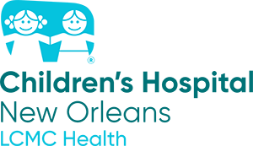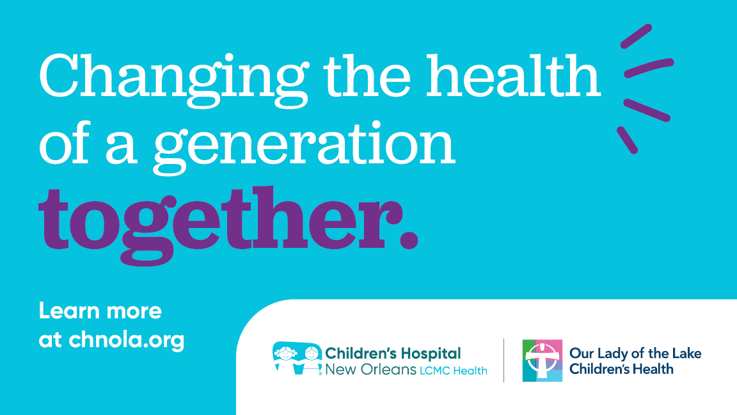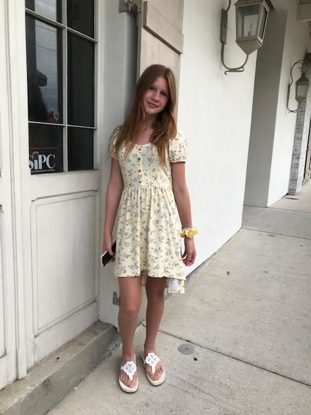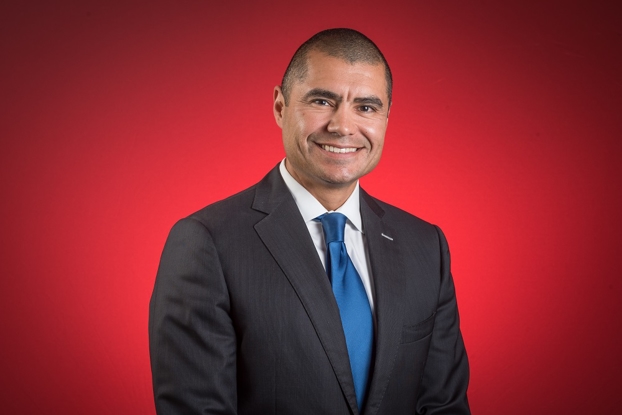Love is in the air: teaching kids through love languages
- Category: General Health, Living Well, Parenting
- Posted on:
- Written By: Monet Somerville, MS

Love is a small word that can mean many things to different people. What love looks like for one family may be completely different from another family. How a parent shows love to one child can be very different from how they show it to their other children. To understand what love means to your family, you can think about what each person’s love language is. A love language is simply how we prefer to receive love.
There are five love languages: words of affirmation, acts of service, receiving gifts, quality time, and physical touch. First, words of affirmation are simply saying supportive things. For instance, encouraging your child that fell off his bike: “I know that learning to ride a bike is hard, but you can do it.” If your child’s love language is acts of service, which refers to doing something helpful, you can actively teach your child how to ride a bike and running next to them as they peddle down the street can be a sign of love. Many children and people see love as receiving gifts. Giving your child a gift for learning how to ride his bike, like a new nametag for the bike. The love language that builds children’s brains is quality time, which refers to spending time together and is usually in combination with other love languages such as words of affirmation. Doing an activity that you both enjoy or just relaxing together are quality times. Finally, physical touch has been shown to activate calming chemicals in the brain, which can reduce stress and improve mood. Giving your child a hug or a high five can show love in a way that can be felt physically.
In showing love to children and other family members, we must understand and respect the other person’s love language and remember that sometimes people have more than one love language. Some children prefer physical touch and quality time, while others may prefer words of affirmation. Pay attention to what your child’s love language is in order to show love daily that is meaningful for them. Wishing you and your family a life of love.
Monet Somerville, MS
Parent Educator
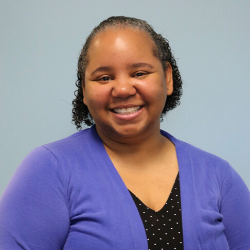 Monet received her Bachelor’s of Arts in Psychology from North Carolina Wesleyan College. She then went on to receive her Master’s in Science in Psychology with a Concentration in Child and Adolescent Development from Capella University. She is currently pursuing her PhD in Developmental Psychology with a Concentration in Child and Adolescent Development. Monet is also a licensed Trust Based Relational Intervention Practitioner.
Monet received her Bachelor’s of Arts in Psychology from North Carolina Wesleyan College. She then went on to receive her Master’s in Science in Psychology with a Concentration in Child and Adolescent Development from Capella University. She is currently pursuing her PhD in Developmental Psychology with a Concentration in Child and Adolescent Development. Monet is also a licensed Trust Based Relational Intervention Practitioner.
Prior to working to The Parenting Center, Monet worked as a Case Manager in a residential facility for adolescent girls who were in foster care but were unable to be placed in a foster home. She also taught foster parents about child development and the impacts that positive parenting can make on a child.
